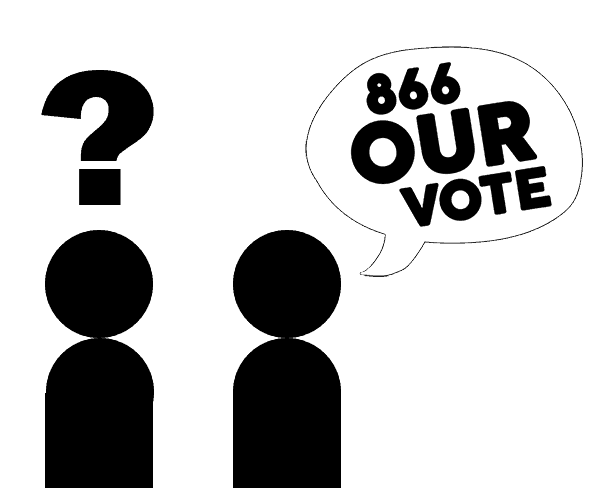By Morf Morford
Tacoma Daily Index
Most of us take voting as a right if not a civic obligation for any informed and engaged citizen. It turns out that this, to put it mildly, is not always the case.
Some nations require voting – and impose a fine for those who do not vote – even if they are out of the country. Twenty-two nations, from Argentina and Greece to Peru, require voting with various fines – and (few) exceptions. (1*)
Some countries have mandatory voting by law, but don’t actively enforce it. These countries include Bolivia, Bulgaria, Costa Rica, Dominican Republic, Egypt, Greece, Gabon, Guatemala, Libya, Honduras, and the Democratic Republic of Congo.
The USA is not one of those countries.
You might think that voting, as an expression of citizenship,would be encouraged, made accessible and (relatively) convenient with universal, nationwide laws and guidelines. In the United States, a nation proud of its democratic roots and aspirations, that is not the case.
Each state, within Constitutional guidelines, makes its own rules. (2*) Our Constitutional guidelines are broad – and often contested.
Here is a short summary of the issues related to who should be eligible to vote – “Race, color, or previous condition of servitude” (15th Amendment, passed in 1870), “On account of sex” (19th Amendment, passed in 1920), “By reason of failure to pay any poll tax or other tax” for federal elections (24th Amendment, 1964) and finally, “Who are eighteen years of age or older, to vote, shall not be denied or abridged by the United States or by any state on account of age” (26th Amendment, passed in 1971).
Notice that criminal record and official ID are not specified. (3*)
Native Americans, by the way, were granted the right to vote in 1924.
Before 1870 or so, only land-owning, white males over age 21 could vote. If you were a renter, female or not “pure” white, you could not vote.
Washington state (and all the other states) voted in 1920 on whether women should have the right to vote. Every single precinct east of the Cascades voted “no.” King and Pierce Counties voted “yes” – King overwhelmingly and Pierce by only a slight majority.
When I discuss this with my students, the irony of men voting on whether women should have the right to vote, is rarely appreciated.


Most countries prohibit prisoners from voting, although only a minority extends the prohibition to those with prior convictions. Inmates in the Czech Republic, Denmark, France, Israel, Japan, Kenya, Netherlands, Norway, Peru, Poland, Romania, Sweden and Zimbabwe are allowed to vote. (4*)
In Germany, the law obligates prison authorities to encourage prisoners to assert their voting rights and to facilitate voting procedures.
World wide, voting bans for people with mental disabilities are common.
Our national momentum, for the most part, has been to expand voting rights.
That is still true in most states, but not all.
In spite of individual, in person voter fraud barely existing, some states have instituted restrictive voter ID laws – even as some of these states have restricted access to acquiring official ID documentation. (5*)
Some entire countries require voter ID, but they take responsibility to ensure that every citizen has access to the required ID.
Mexico and Belize, for example, have voter registration rates of over 95 percent despite requirements that citizens obtain specific forms of ID to register and vote. Both countries have devoted major resources to making voter IDs accessible, including for rural, indigenous and other marginalized or historically excluded populations. (6*)
Should voting be mandatory? I make a point of voting in each election, but I also consider NOT voting an important expression of one’s political values.
One of the arguments in support of not voting is that any individual vote will not make any difference. While that might be mathematically accurate, I use the analogy of applause at a concert. Will the performer ever know if you did – or did not applaud? Probably not, but doesn’t it make you feel a part of the event if you applaud with everyone else?
You don’t need to, and it might not make any difference, but the action of each one of us accumulates in a shared voice that, for better or worse is a matter of public record.
I generally prefer to have the government have as little to say as possible in my personal life, while I value my right to have a say (as much as possible) in what the government does.
It’s a difficult line to follow and one governments and citizens have been fighting about for millennia.
Whatever your interests, opinions or values, it is always important to let your voice be heard.
To register to vote in any state, check out this online access point – https://www.nonprofitvote.org/voting-in-your-state/.
For further thoughts on whether voting should be mandatory, check out this PBS video – https://www.pbs.org/video/should-we-make-voting-mandatory-4chqtx/.
(1*) You can see a full list here – https://www.worldatlas.com/articles/countries-with-mandatory-voting.html
(2*) State by state voting guidelines can be seen here – https://www.forbes.com/sites/jordanlebeau/2016/11/07/a-state-by-state-guide-to-voter-restriction-laws/#a92a4bf75cc9
(3*) Prisoners in Canada have had the right to vote since 2002 – https://www.cbc.ca/news/canada/can-prisoners-vote-or-not-1.705746
(4*) https://www.hrw.org/legacy/reports98/vote/usvot98o-04.htm
(5*) We in Washington state have avoided this whole controversy by having mail-in voting for many years.
(6*) You can compare and contrast international voting accessibility here – https://www.icij.org/blog/2014/05/your-country-your-vote-rough-guide-global-voter-restrictions/








